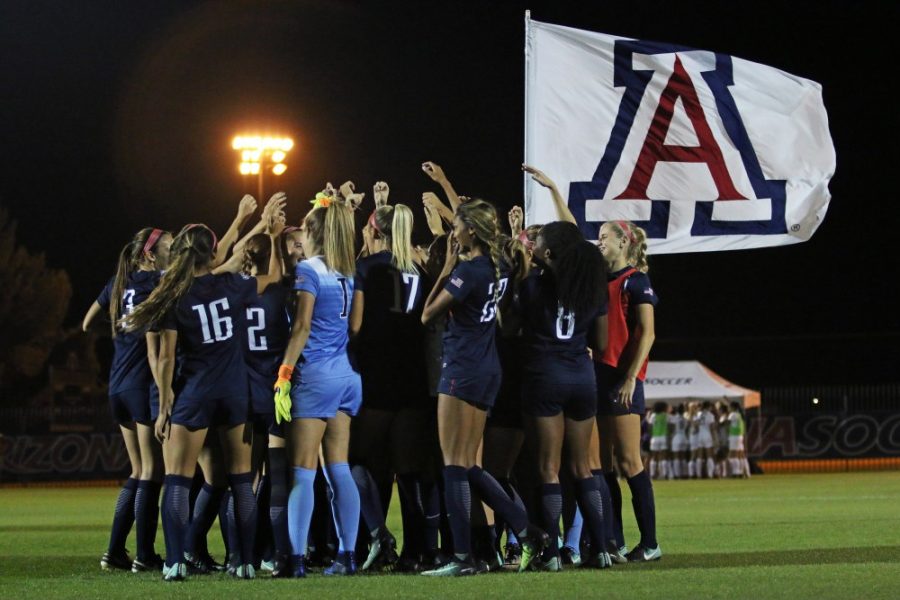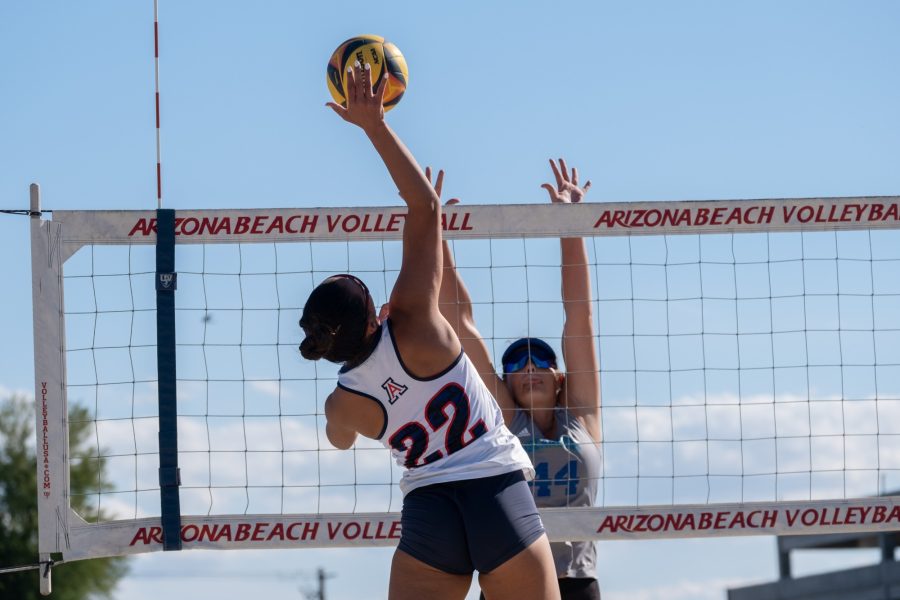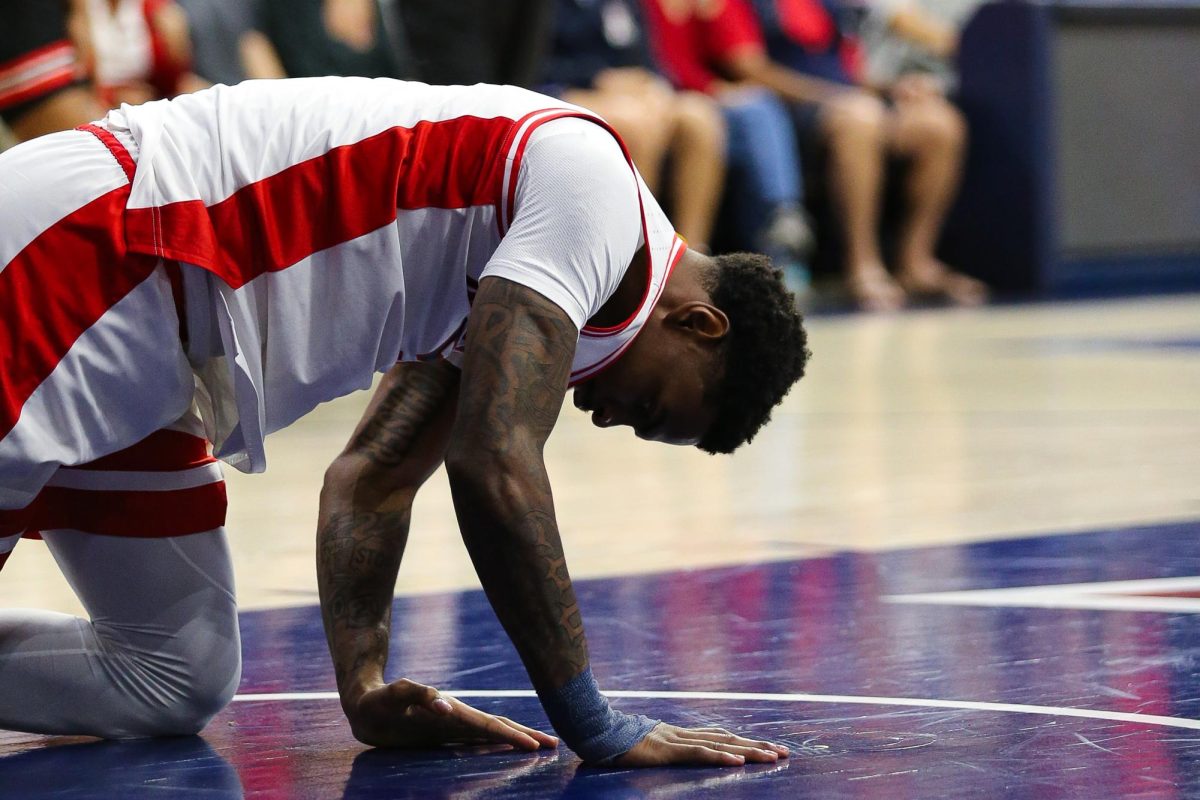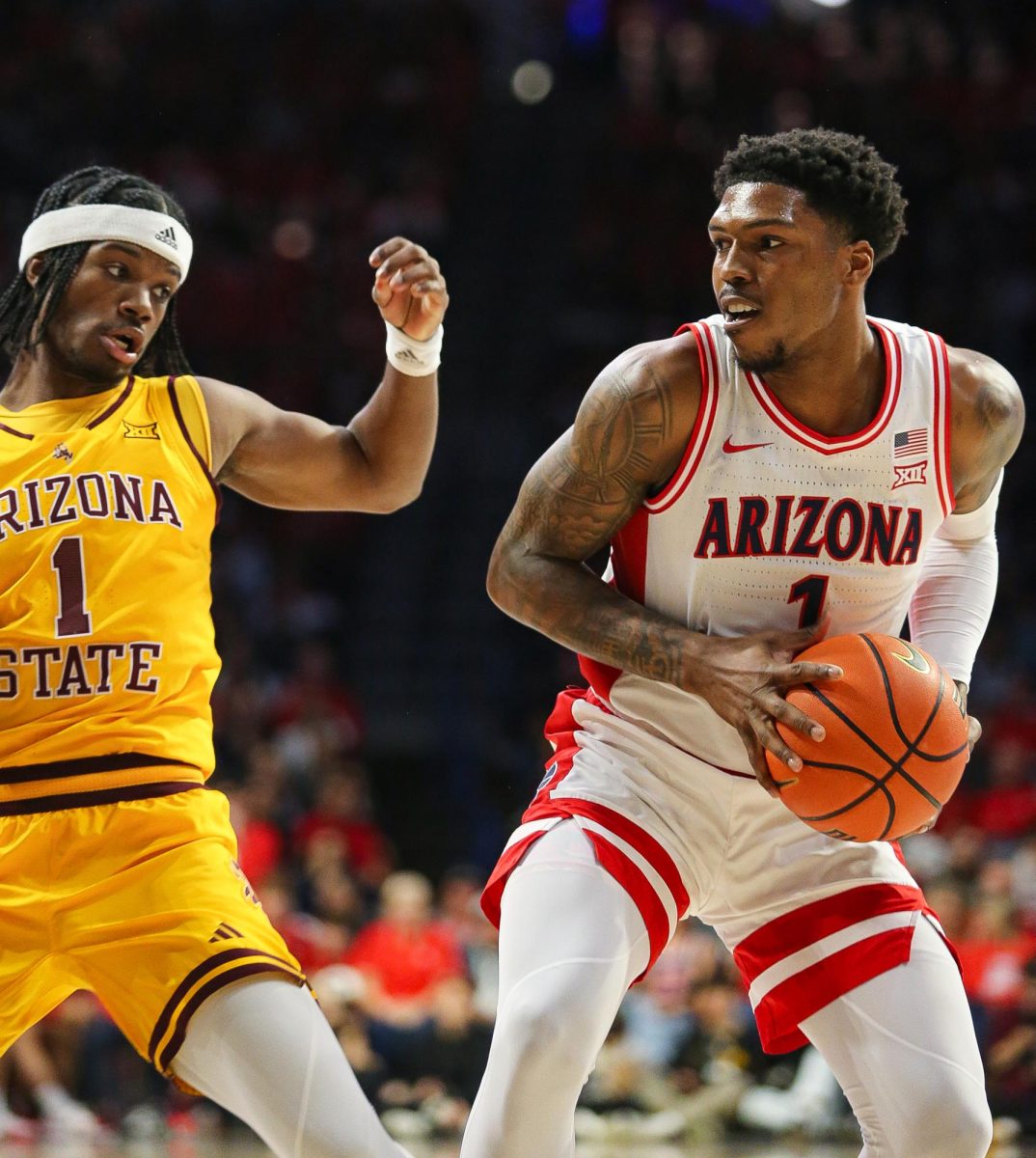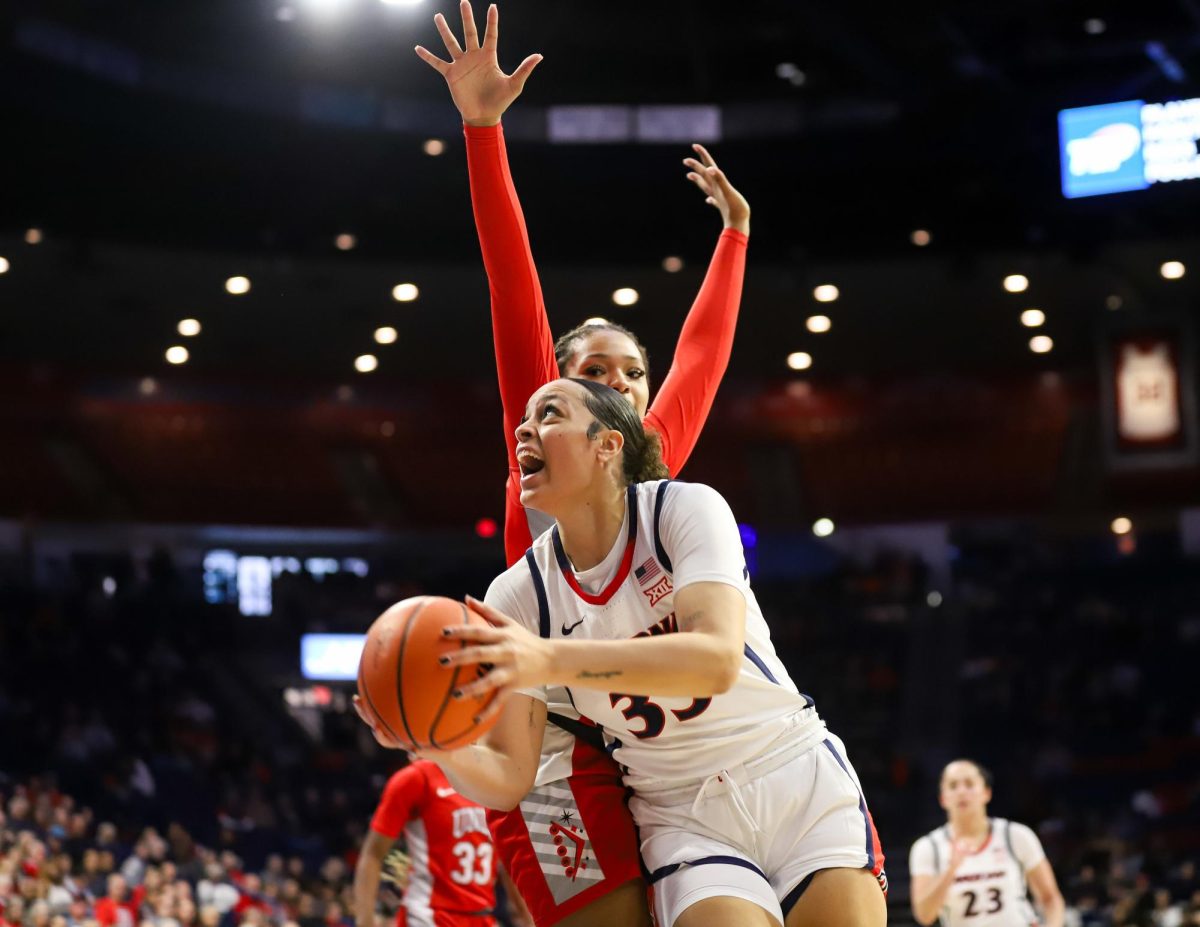The NCAA, PGA, FIFA and the NBA all favor male athletes. These athletic institutions have their marquee championships like March Madness, the World Cup, or, in terms of leagues, the National Basketball Association.
Then, they have Women’s March Madness, the Women’s World Cup, and the Women’s National Basketball Association. The verbal distinction of gender for the women’s versions, but no distinction for the men’s competitions, shows that there is the regular, main championship, and then there’s the “other” event.
In a 60 Minutes special on American soccer star Christian Pulisic,it was mentioned that the US has never won a World Cup. Twitter was quick to correct this possible error. The US Women’s National Team won the World Cup three times. Was the statement accurate? Did the WNT win the World Cup, or the Women’s World Cup? And if the latter is true, what’s the difference?
Sports Illustrated soccer writer Grant Wahl responded to that twitter outrage by tweeting, “Think it’s time that we print folks start calling the tournaments ‘men’s World Cup’ and ‘women’s World Cup’.”
Wahl received a mixed response for taking ownership, along with his colleagues, for creating the social change. There were many positive comments, including several that advocated for referring to the tournaments by simply the year. Others remarked how unnecessary they felt the changes would be. Finally, one man commented on how inferior he feels women’s soccer is to men’s.
“why? LETS ALL PLAY TOGETOHER Only reason we watch is women world cup is to see boobs,” @jackshelton1981 replied to Wahl’s tweet.
Possibly the best response to the initial tweet was from Jeff Rothermitch, who pointed out how big the difference in competition is between the two senior national teams. “Why don’t we just call it ‘the soccer event the US men hope to make’ and ‘the soccer event the US women hope to win’,” Rothermitch suggested.
The distinction of ‘women’ simply lets fans know how much less coverage, funding and excitement the event gets compared to the competition without the gender in the name. Adding the gender to the name of men’s competitions is at least a start to changing the disparity between the sexes in sport.
Follow Max Cohen on Twitter



